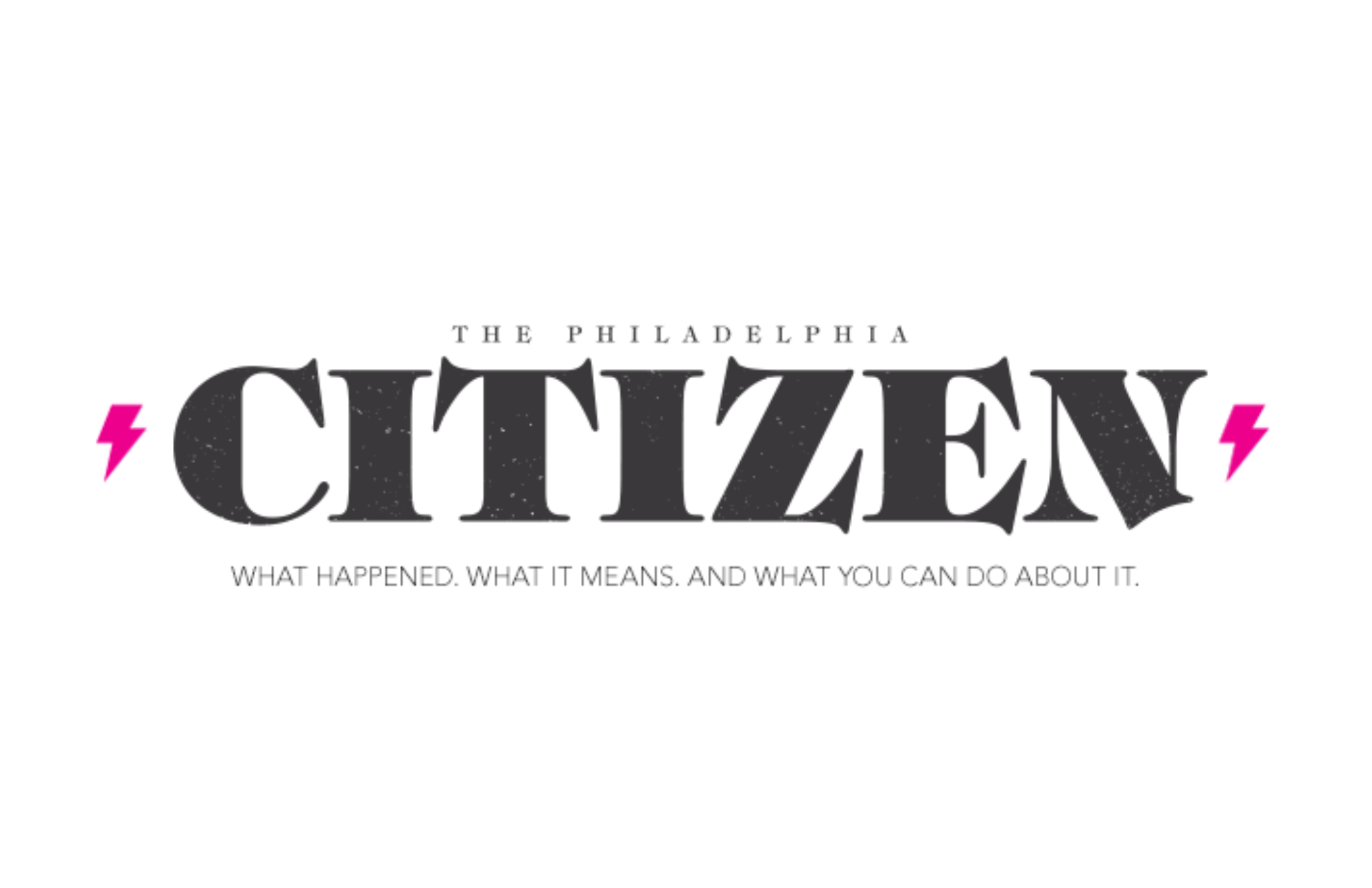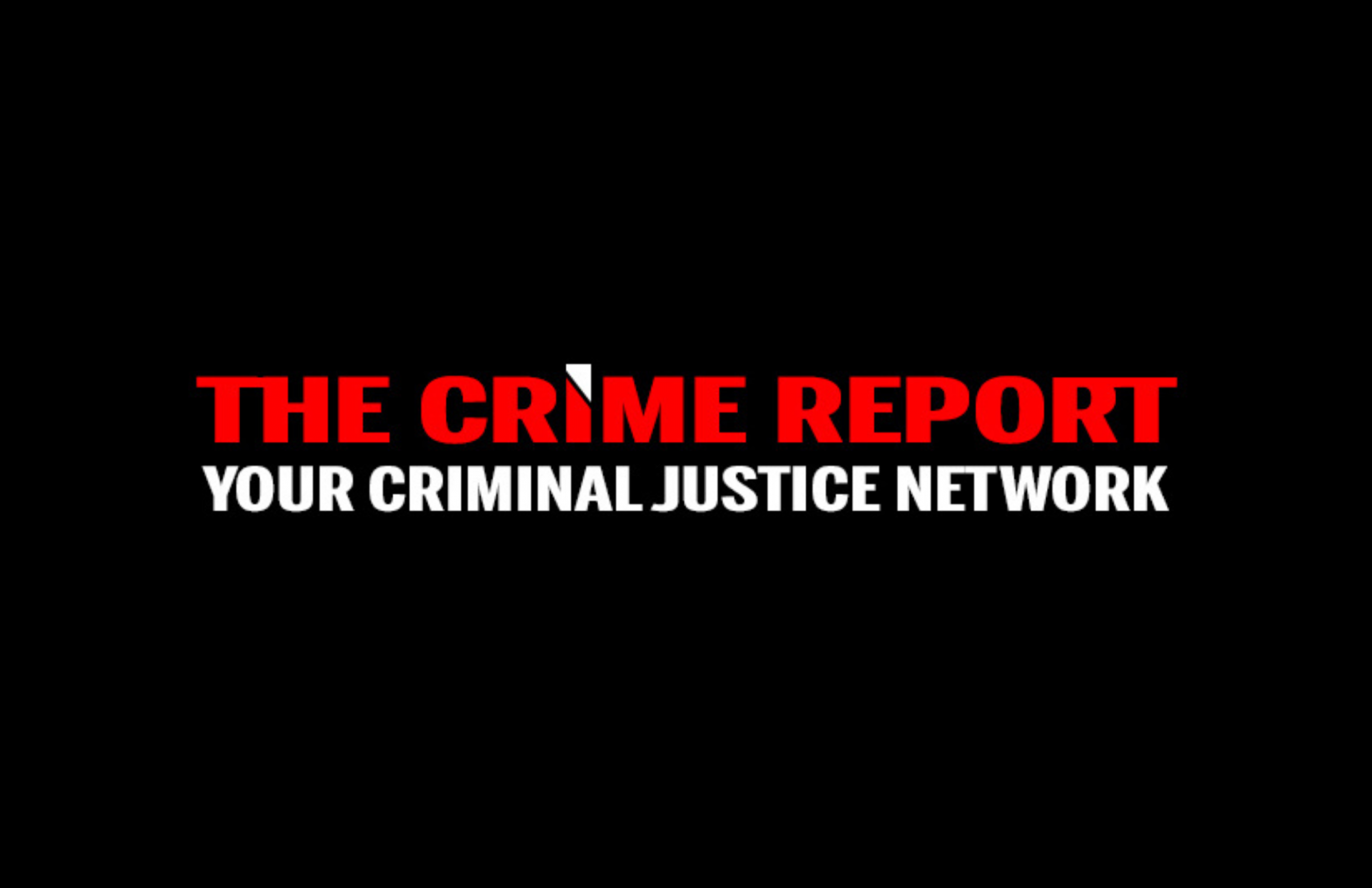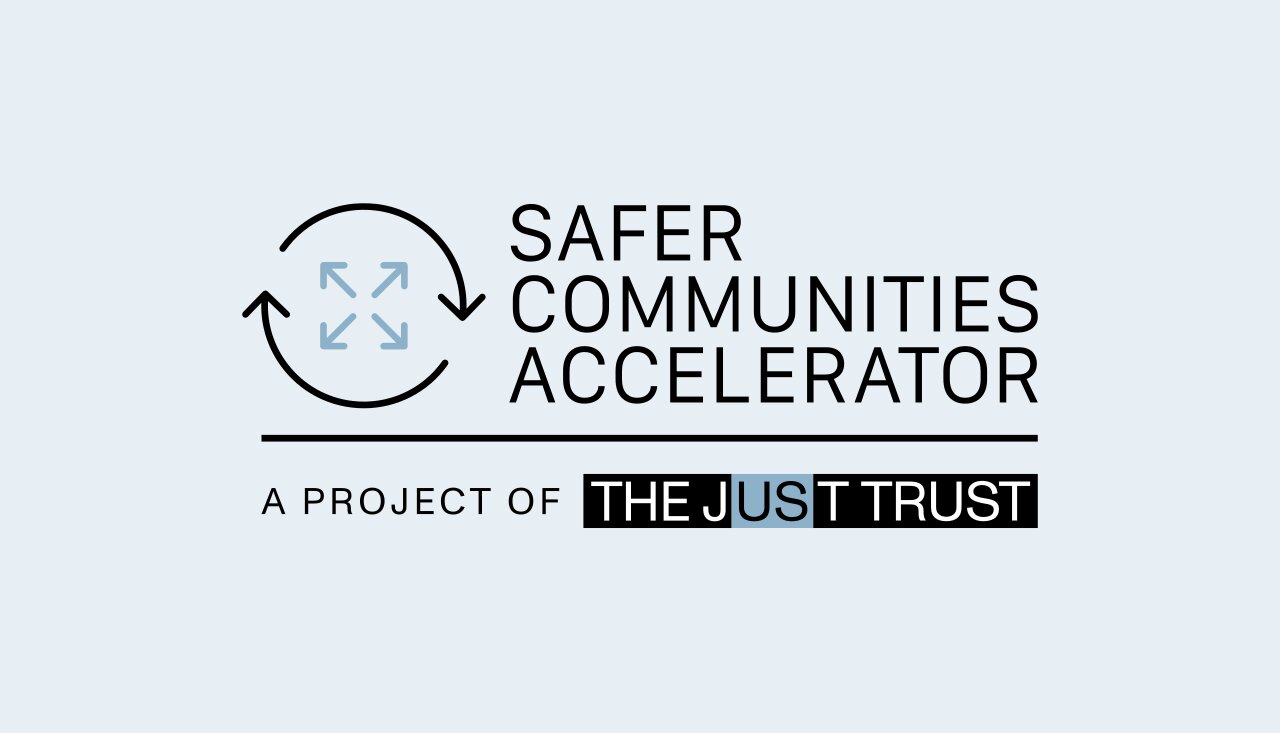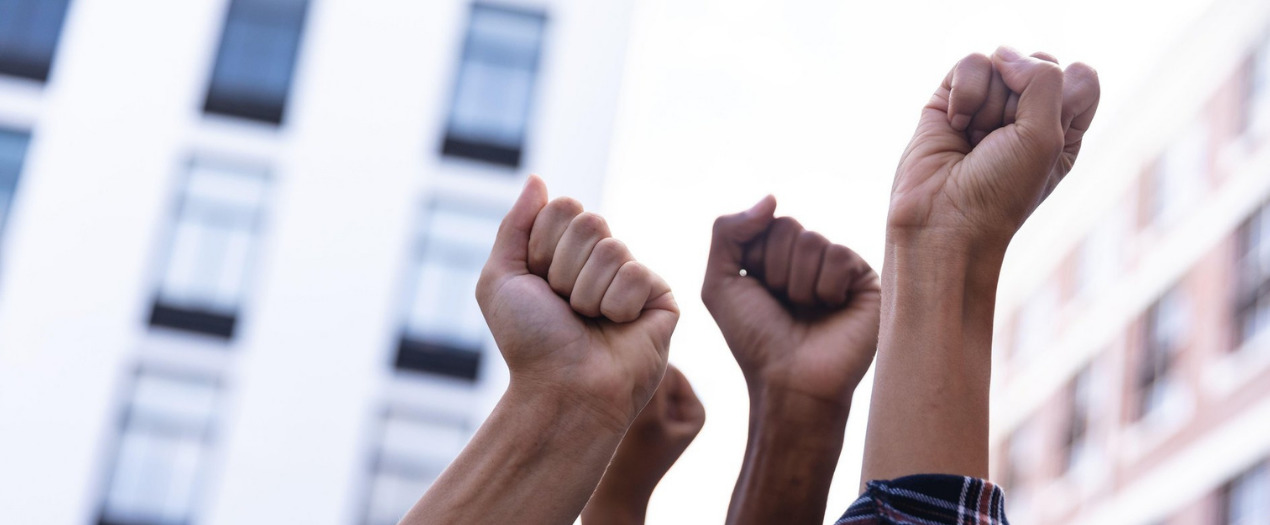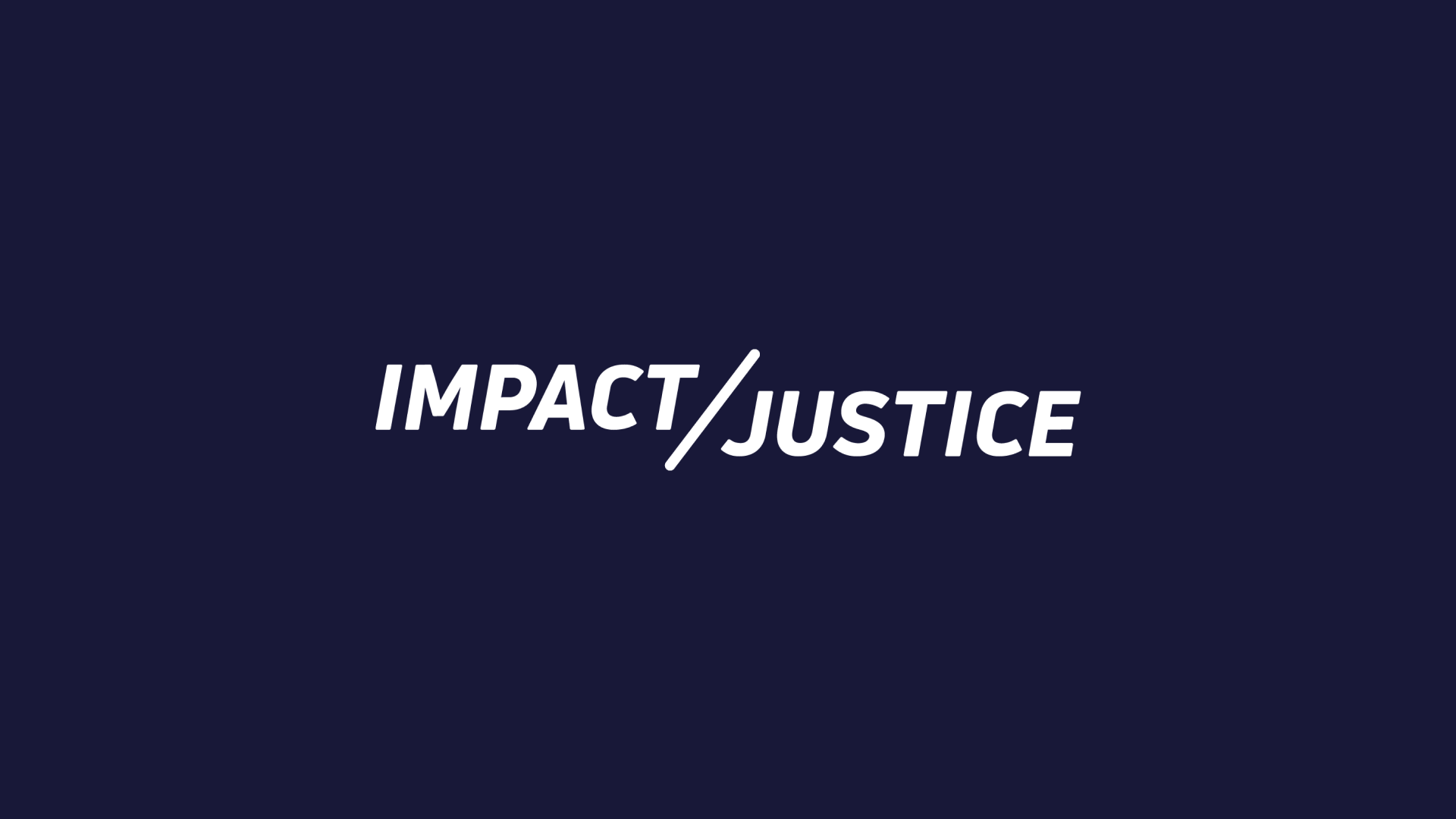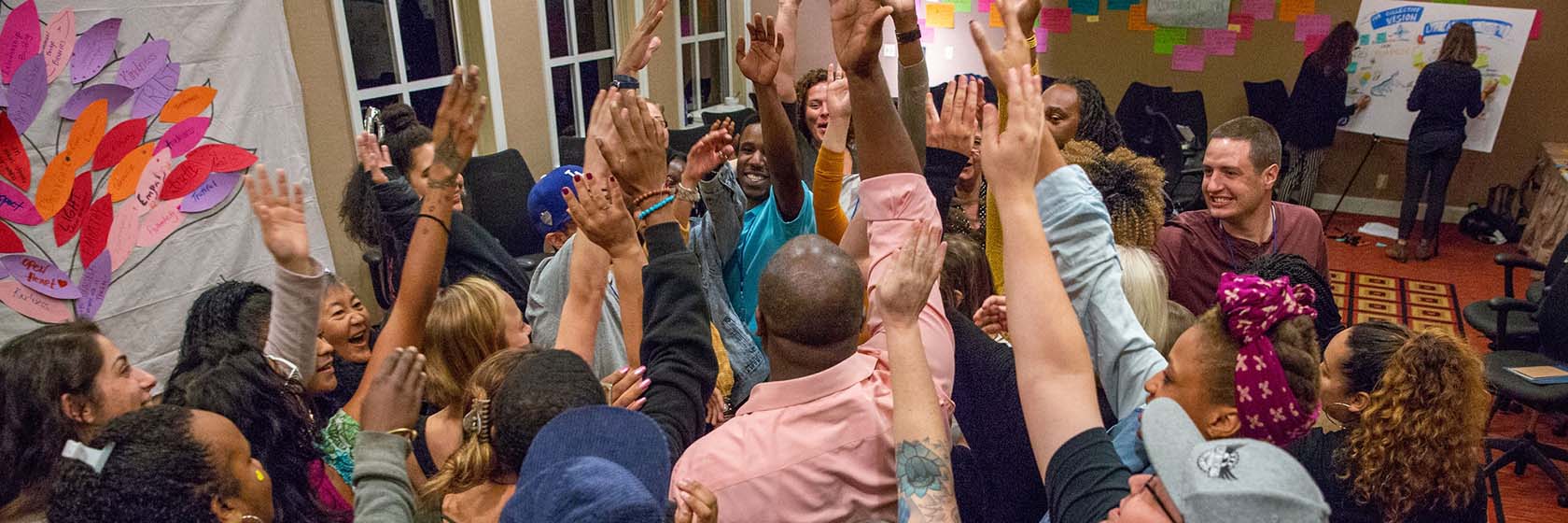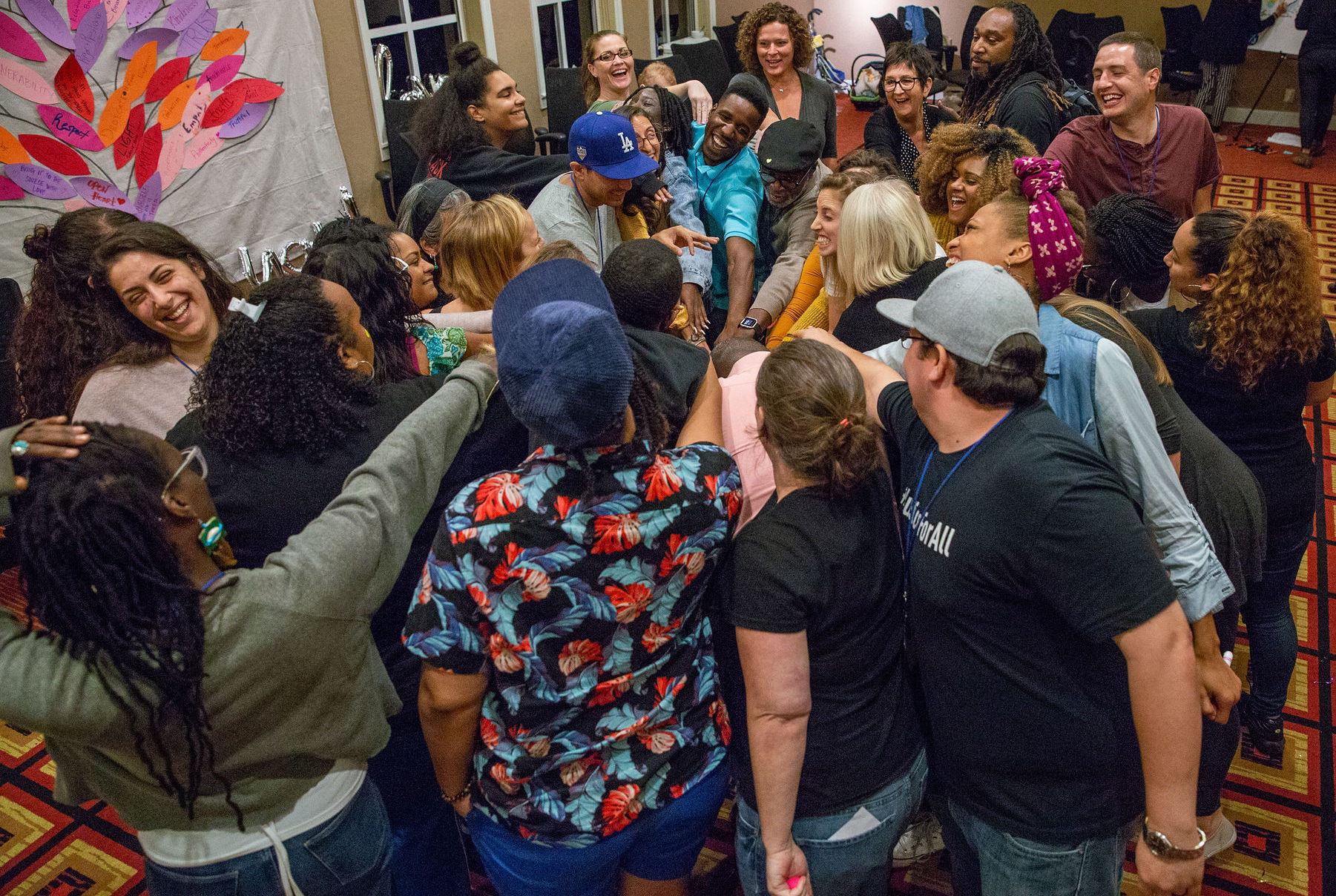
The Restorative Justice Project first took shape in 2011, under the leadership of sujatha baliga who would later earn a MacArthur “Genius grant” for her work. At the time, restorative justice as an alternative to prosecution in serious cases was a new idea.
The model sujatha created and brought to Impact Justice in 2015 was committed to serving young people of color, whom studies show often are excluded from diversion programs. The approach was unique in encouraging district attorneys to divert high level misdemeanor and felony cases before young people are charged with a crime or brought to court, by working closely with crime survivors to craft restorative processes that meet their needs, and by equipping community-based organizations to facilitate these cases.
The initial pilot project in Alameda County – still active under the leadership of Community Works West – laid the foundation for Impact Justice to successfully seed the model in roughly a dozen cities around the county, learning a great deal in the process. The fruits of IJ’s sustained engagement in cities where restorative justice diversion flourished are captured in the following short film completed in spring 2023.
As a complement to the Project’s intensive site-based work, the Project launched an online Restorative Justice Diversion Toolkit in 2019 that was widely downloaded here in the United States and internationally, sparking even more demand for the training, technical assistance, and peer-to-peer support the Restorative Justice Project provides.
sujatha’s new idea — new in the U.S. but practiced by many indigenous peoples worldwide — had found its place in the movement to end mass incarceration.
At Impact Justice, giving life to new ideas that push the boundaries of justice reform also entails spinning off mature, successful projects when the timing and conditions are right. In fall 2023, the timing was right, and we found the ideal long-term home for the Restorative Justice Project at Equal Justice USA (EJUSA), an organization with a deep commitment to “healing justice” and a track record of providing training and other services directly in communities.
On November 13, 2023, The Restorative Justice Project became part of EJUSA. Absorbing and leading the restorative justice diversion work that Impact Justice built — a body of knowledge, strategies, and tools; a national network of experienced community and system partners; and a skilled and committed team — gives EJUSA a practical vehicle for developing a community-centered ecosystem of healing justice in cities large and small across the country.
Impact Justice looks forward to collaborating with the Restorative Justice Project from its new home at EJUSA and remains committed to pursuing bold ideas that move us as a society toward investments in healing, human potential, and genuine accountability as foundational elements of safe, thriving communities with opportunities for all.
To work with the Restorative Justice Project from their new base at EJUSA, contact Restorative Justice Project Director Cymone Fuller (cymonef@ejusa.org).

